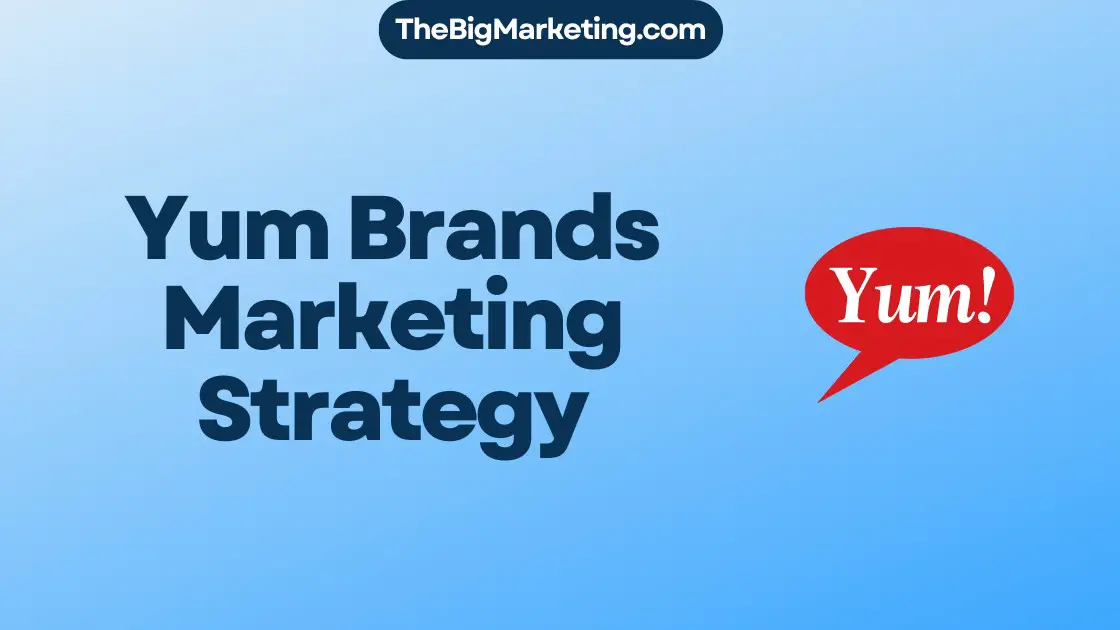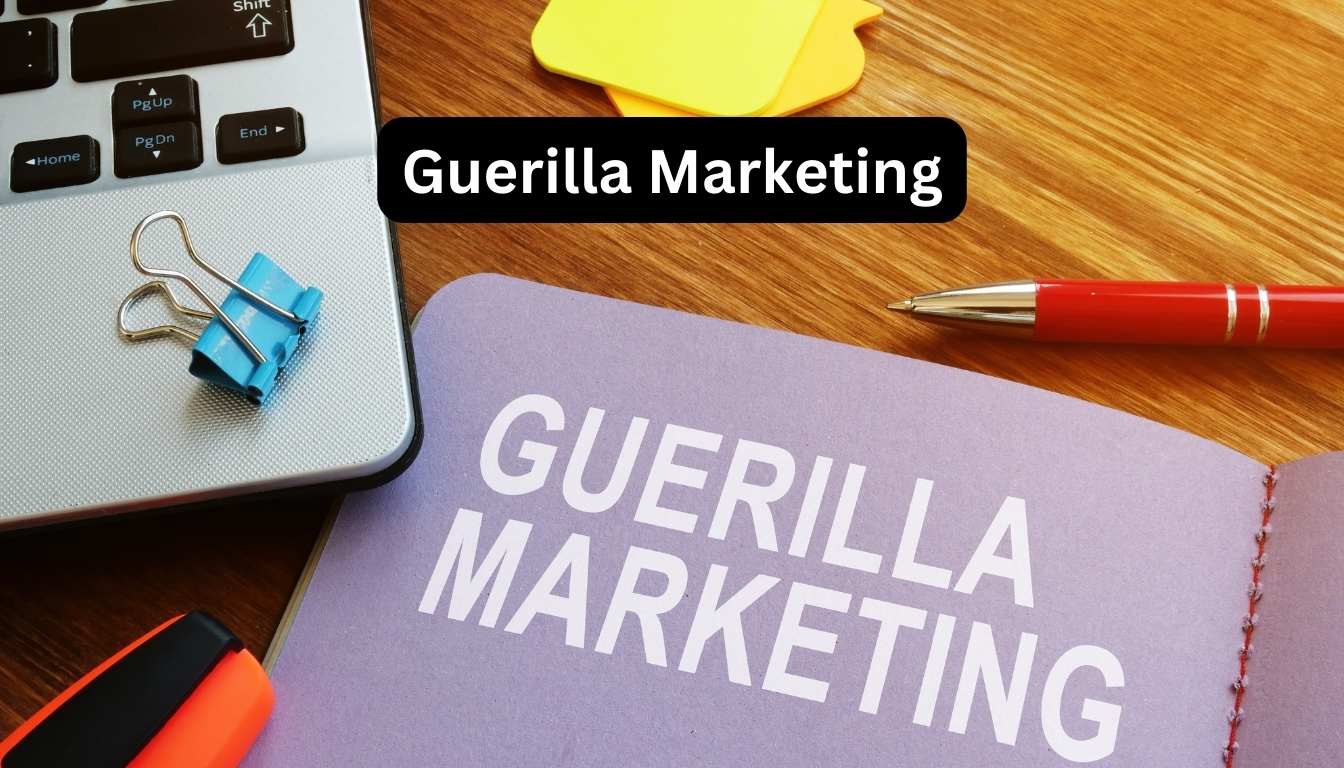Marketing ploy refers to strategies and tactics businesses use to attract consumers. They promote products or services using many techniques. These include advertising, manipulation, and branding. We will look at various examples and see how they affect consumers.
What Is Undercover Marketing?
Undercover marketing is also known as stealth marketing. It’s a way companies promote their products sneakily. The goal is to sway people’s opinions without them knowing they’re being influenced. It uses unique strategies and is often part of bigger marketing efforts called guerrilla marketing campaigns.
This type of marketing taps into how people feel and think. By subtly showing their products, companies spark curiosity. This lets them connect with customers more deeply than traditional ads do.
An example of this is when products show up in movies or TV shows. This way, companies get their products seen without directly advertising them. It helps viewers remember the product because they saw it in their favorite show or movie.
Buzz marketing is another tactic. It’s about getting people to talk about a product or brand. This can be done with social media, viral videos, or by simply getting people to spread the word. It builds excitement and makes more people want to buy what’s being sold.
To succeed, undercover marketing needs careful planning. It must be creative to catch people’s attention without seeming forceful. When done right, it’s an effective way to market without traditional advertising.
Undercover Marketing Strategies
Businesses use secret strategies to stand out. They tap into low-key methods to get people talking and interested. Let’s look at some common tactics.
1. Ad Spies
Ad spies work with influencers who talk about products subtly. They don’t clearly say it’s an ad. This makes the product seem more genuine, sparking interest and engagement.
2. Product Placement
Product placement means showing products in films or TV. Brands get their items used by famous characters or in big scenes. This gets them noticed without an obvious ad, reaching many people.
3. Buzz Marketing
Buzz marketing creates excitement around a product. It uses standout campaigns or videos to get people talking. The aim is to spread the word naturally, building anticipation and excitement.
4. Celebrity Endorsements
Celebrities can subtly show products in their life or posts. Associating with them, brands gain trust and interest. Celebs help make the product look desirable.
5. Social Validation
Social validation uses good reviews and stories. Brands encourage happy customers to post their experiences online. It’s about showing value through others’ praises, building trust and a strong brand image.
These strategies help businesses connect with people in a smooth, appealing way. They use influencer ties, media spots, buzz, celeb nods, and customer stories to make a mark and stir up interest.
Examples Of Undercover Marketing
Undercover marketing includes many clever tactics used by companies. They promote their brands subtly, without making it obvious. Here are some intriguing examples:
Starbucks – A Cup of Buzz
Starbucks got creative by placing their coffee cups in a famous TV show. The cups appeared often, making viewers curious. This smart move boosted Starbucks’ image as a cool coffee spot.
Axe – Irresistible Signs
Axe came up with a fresh angle, targeting young men with their body spray. They changed exit signs in public areas to match their brand style. The signs carried witty messages, capturing their audience’s attention. This clever idea made the brand memorable.
Blackberry – Numbers Game
Blackberry tried something new to draw attention to their phones. Women asked men for their numbers as part of a campaign. This unusual tactic sparked interest and conversation about Blackberry’s latest phones.
Examples of Undercover Marketing
| Company | Strategy | Result |
|---|---|---|
| Starbucks | Featuring coffee cups in a popular TV show | Increased brand visibility and curiosity among viewers |
| Axe | Modifying exit signs to align with branding | Memorable brand experience and targeted messaging |
| Blackberry | Interactive campaign where women asked for phone numbers | Generated buzz and curiosity around new phone models |
Advantages Of Undercover Marketing
Undercover marketing holds many benefits for businesses. It lets companies tap into new benefits:
1. Increased Brand Reach
It opens doors to customers wary of normal ads. By using stealthy promotional methods, businesses can grow their reach. This lets them connect with more people.
2. Pre-launch Buzz
Creating a buzz before a product launches is a big plus. It sparks curiosity and interest, making the product go viral. This leads to strong sales from the start.
3. Cost-effectiveness
When compared to ads on TV or in magazines, undercover marketing costs less. It allows companies to spend their marketing money more wisely. They can focus on people who are really interested.
4. Identifying Interested Customers
This marketing finds customers who truly like what you offer. Using hints and how people react, businesses can spot fans. Then, they can turn these fans into devoted buyers.
| Advantages of Undercover Marketing | Description |
|---|---|
| Increased Brand Reach | Reach customers who are skeptical of traditional advertising methods. |
| Pre-launch Buzz | Create anticipation and generate buzz before the official product launch. |
| Cost-effectiveness | Optimize marketing budget by targeting specific audiences and channels. |
| Identifying Interested Customers | Identify potential customers who show genuine interest and engagement. |
Disadvantages Of Undercover Marketing
Undercover marketing may seem like a smart move for companies but it’s not without its flaws. Issues like ethical concerns, harm to a brand’s image, legal troubles, and losing trust are big concerns. Each of these can impact a business in serious ways.
Ethical Dilemma
The ethics behind undercover marketing often leaves people uneasy. When folks don’t know they’re part of a marketing effort, they might feel tricked. This can hurt their trust in a brand.
Brand Image Damage
Undercover marketing might also harm how people see a brand. Being seen as dishonest or sneaky is bad for business. It leads to less loyalty and trust from customers.
Legal Risks
There are also legal dangers with undercover marketing. Breaking rules on advertising can land a company in hot water. Facing lawsuits or fines can damage a brand’s reputation big time.
Loss of Credibility
Trust is hard to earn and easy to lose. When consumers learn they were tricked by undercover marketing, they might lose faith in the brand. Winning back that trust can be a long, tough journey.
| Disadvantages of Undercover Marketing | Impact |
|---|---|
| Ethical Dilemma | Raises concerns about consumer manipulation and lack of transparency. |
| Brand Image Damage | Potential decline in brand reputation and customer loyalty. |
| Legal Risks | Possible violation of advertising regulations and consumer protection laws. |
| Loss of Credibility | Undermines consumer trust and can have long-term effects on customer relationships. |
Conclusion
Marketing strategies like undercover marketing can help businesses connect with customers and highlight their products. With undercover marketing, brands can extend their reach and save money. By using low-key tactics, they catch the interest of cautious customers and stir excitement before a product launch.
Yet, it’s vital to think about the ethical issues and possible downfall of undercover marketing. If customers find out they were secretly targeted, they might feel tricked. This could harm the brand’s reputation and trust. Companies should keep consumer trust first and make sure their marketing matches their brand ethics.
In closing, undercover marketing can be a powerful tool, but businesses must weigh its pros and cons carefully. They must find the right balance between broadening their audience and staying true to ethical practices. This way, businesses can use undercover marketing to effectively boost their products and services.






